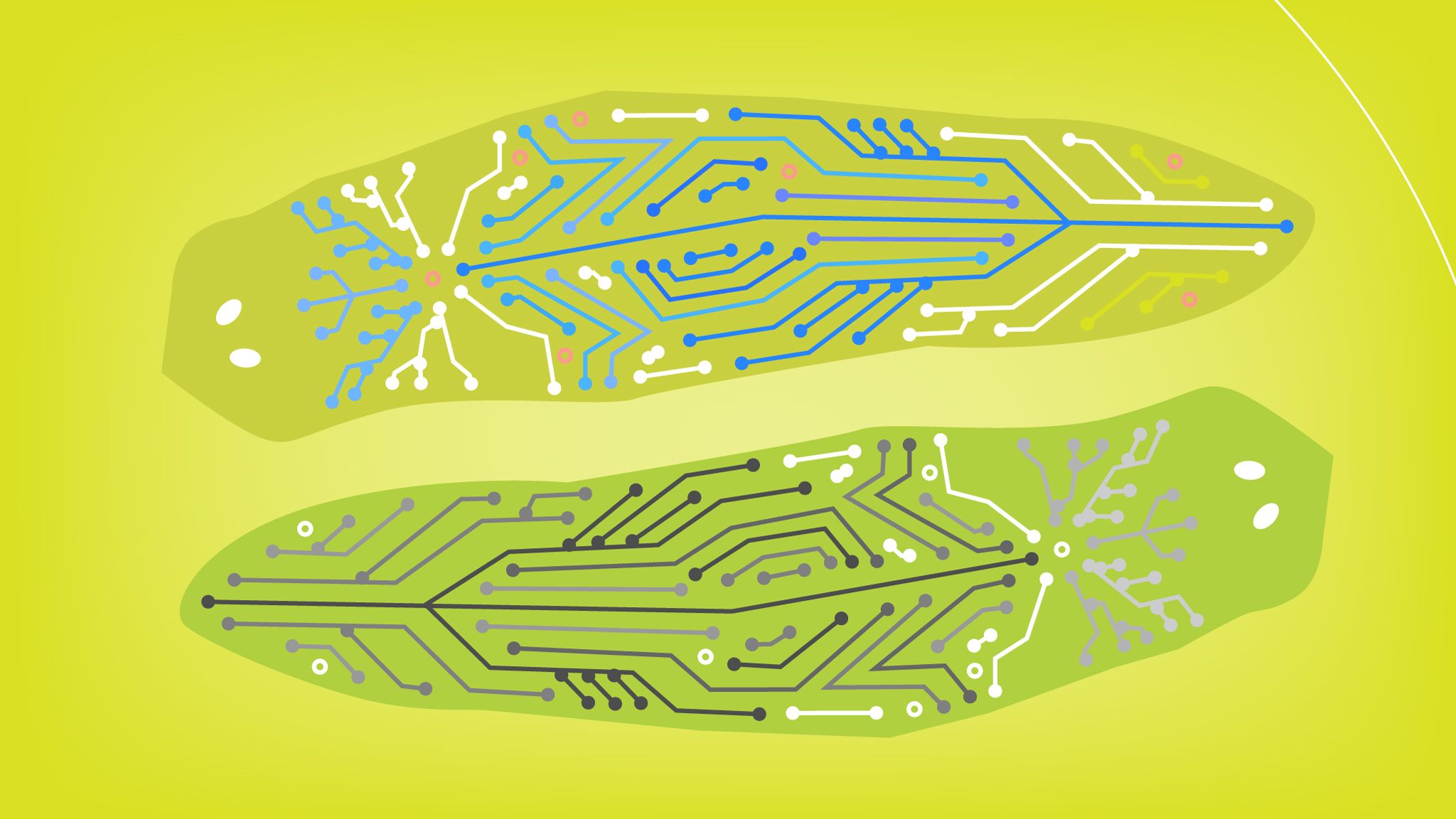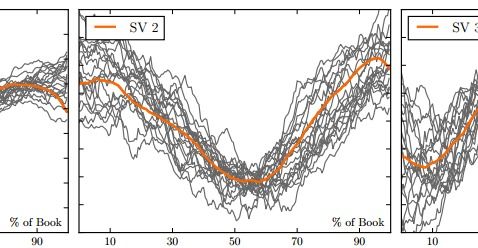Page 11010
Jul 6, 2016
Leading cancer centers in China to be equipped with C-RAD technology
Posted by Karen Hurst in categories: biotech/medical, robotics/AI
Nice.
July 1, 2016 – C-RAD has received an order from its Chinese distributor for Catalyst™ and Sentinel™ systems, to be installed at leading cancer centers in China. The order has a total value of approximately 7.6 MSEK.
The Catalyst™ systems will be installed on Varian True Beam™ and Elekta Versa HD™ linear accelerators. The systems are delivered in different software configurations containing software modules for Patient Setup and Positioning and Respiratory Gating, including respective interfaces for communication with the treatment system. The interfaces allow a seamless integration for patient synchronization and an automated patient setup and beam control to treat tumors that may be moving due to respiratory motion.
Jul 6, 2016
NSA to stand trial for spying on convicted bomber without warrant
Posted by Karen Hurst in categories: government, internet, mobile phones, privacy, security, surveillance
You got to luv this one.
The security agency must defend itself in a US appeals court for violating the rights of a convicted bomber by supposedly illegally spying on him.
A US appeals court will weigh a constitutional challenge on Wednesday to a warrantless government surveillance program, brought by an Oregon man found guilty of attempting to detonate a bomb in 2010 during a Christmas tree-lighting ceremony.
Continue reading “NSA to stand trial for spying on convicted bomber without warrant” »
Jul 6, 2016
Probing Quantum Phenomena in Tiny Transistors
Posted by Karen Hurst in categories: computing, nanotechnology, quantum physics
Nearly 1,000 times thinner than a human hair, nanowires can only be understood with quantum mechanics. Using quantum models, physicists from Michigan Technological University have figured out what drives the efficiency of a silicon-germanium (Si-Ge) core-shell nanowire transistor.
Core-Shell Nanowires
The study, published last week in Nano Letters, focuses on the quantum tunneling in a core-shell nanowire structure. Ranjit Pati, a professor of physics at Michigan Tech, led the work along with his graduate students Kamal Dhungana and Meghnath Jaishi.
Continue reading “Probing Quantum Phenomena in Tiny Transistors” »
Jul 6, 2016
Singularity Hypotheses
Posted by Amnon H. Eden in categories: climatology, economics, education, health, policy, robotics/AI, singularity, sustainability
Artificial intelligence (AI) technologies offer great promise for creating new and innovative products, growing the economy, and advancing national priorities in areas such as education, mental and physical health, addressing climate change, and more. Like any transformative technology, however, AI carries risks and presents complex policy challenges along a number of different fronts. The Office of Science and Technology Policy (OSTP) is interested in developing a view of AI across all sectors for the purpose of recommending directions for research and determining challenges and opportunities in this field. The views of the American people, including stakeholders such as consumers, academic and industry researchers, private companies, and charitable foundations, are important to inform an understanding of current and future needs for AI in diverse fields. The purpose of this RFI is to solicit feedback on overarching questions in AI, including AI research and the tools, technologies, and training that are needed to answer these questions.
Jul 6, 2016
No, Humans Will Never Achieve Interstellar Travel
Posted by Sean Brazell in category: space travel
Assumption upon assumption upon assumption…
With a side order of totally flawed logic, hold the mayo.
This post originally appeared on Quora: Will humans achieve interstellar travel?
Continue reading “No, Humans Will Never Achieve Interstellar Travel” »
Was our universe born from the one before it? Neil Turok and Steffen Gielen explore the “big bounce” in the latest edition of Physical Review Letters.
Jul 6, 2016
Hanergy’s solar-powered electric cars can charge themselves while driving
Posted by Klaus Baldauf in categories: solar power, sustainability, transportation
In just a few years, we could see an electric car on the market that doesn’t need a charging station to ‘fuel up.’
The biggest apparent stumbling blocks for electric vehicles (EVs) seems to be their range — the distance that can be driven between charging — and the time it takes for an EV battery to be charged. When competing against gas cars, which can be filled up in just a few minutes, and can cover a range of several hundred miles per tank, the idea of having a limited range and a longer ‘fueling’ time with an EV isn’t one that most of us are comfortable with. And when considering the easy availability of fuel from the vast number of gas stations (as opposed to the EV charging stations that are few and far between in most areas), switching from gas to electric mobility is a bit of a stretch for many people (not even taking into account the higher cost for EVs).
However, as costs go down, and as EV ranges increase (along with the growing numbers of dedicated EV charging stations), electric transport options will start to become more and more desirable (especially in times of rising gas prices), but will still most likely need to be tethered to charging points, unless the next generation of electric cars follows in the footsteps of one Chinese company.
Continue reading “Hanergy’s solar-powered electric cars can charge themselves while driving” »
Jul 6, 2016
A new look at the galaxy-shaping power of black holes
Posted by Andreas Matt in categories: cosmology, evolution, satellites
Data from a now-defunct X-ray satellite is providing new insights into the complex tug-of-war between galaxies, the hot plasma that surrounds them, and the giant black holes that lurk in their centres.
Launched from Japan on February 17, 2016, the Japanese space agency (JAXA) Hitomi X-ray Observatory functioned for just over a month before contact was lost and the craft disintegrated. But the data obtained during those few weeks was enough to paint a startling new picture of the dynamic forces at work within galaxies.
New research, published in the journal Nature today, reveals data that shows just how important the giant black holes in galactic centres are to the evolution of the galaxies as a whole.
Jul 6, 2016
By data mining a vast collection of novels, researchers have identified the six basic plots that all stories follow
Posted by Sean Cusack in category: futurism
Scientists at the Computational Story Laboratory have identified the six emotional arcs that form the building blocks of all stories.

















